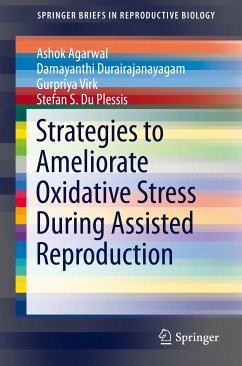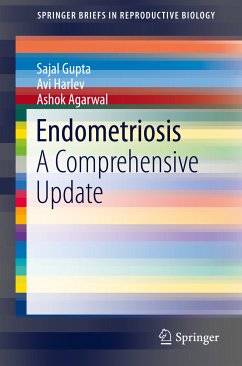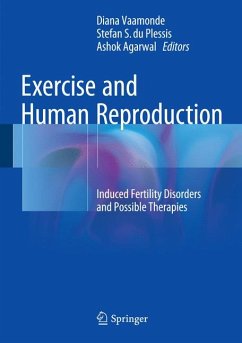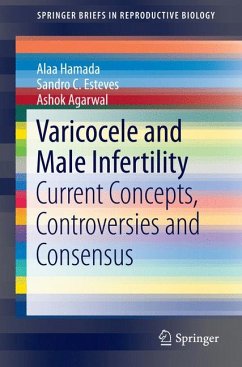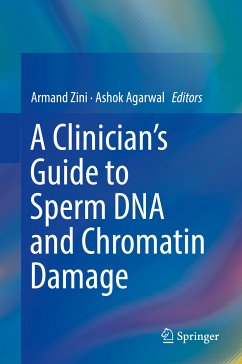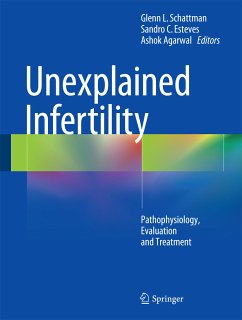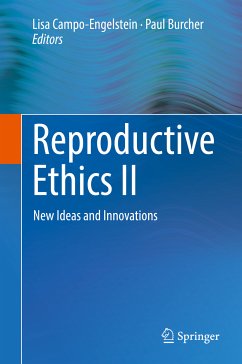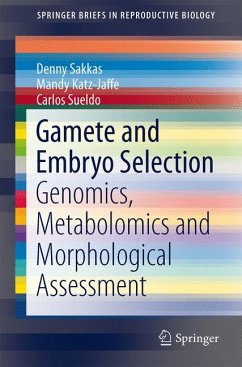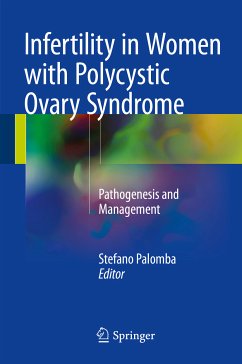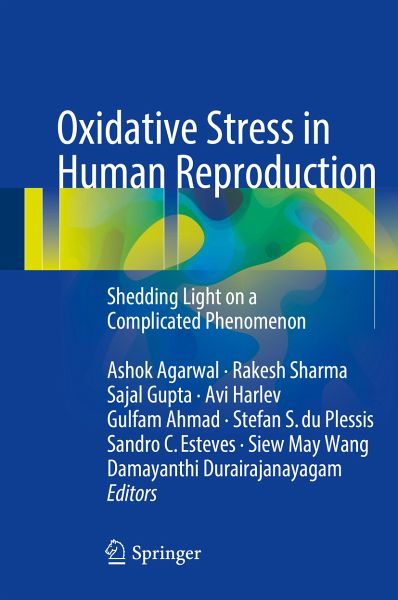
Oxidative Stress in Human Reproduction (eBook, PDF)
Shedding Light on a Complicated Phenomenon
Redaktion: Agarwal, Ashok; Durairajanayagam, Damayanthi; Wang, Siew May; Esteves, Sandro C.; Du Plessis, Stefan S.; Ahmad, Gulfam; Harlev, Avi; Gupta, Sajal; Sharma, Rakesh
Versandkostenfrei!
Sofort per Download lieferbar
72,95 €
inkl. MwSt.
Weitere Ausgaben:

PAYBACK Punkte
36 °P sammeln!
This book discusses the role of oxidative stress in the reproductive system. The book reviews endogenous sources, methods of determining its levels in body fluid/tissues, the physiological roles of ROS, as well as its negative effects on the human reproductive processes. Also discussed are multiple extrinsic factors that could induce oxidative stress in the reproductive system. This volume covers various clinical pathologies related to the reproductive system that arise from or produce oxidative stress, both in the male and female. The use of antioxidants as a therapeutic measure to keep ROS l...
This book discusses the role of oxidative stress in the reproductive system. The book reviews endogenous sources, methods of determining its levels in body fluid/tissues, the physiological roles of ROS, as well as its negative effects on the human reproductive processes. Also discussed are multiple extrinsic factors that could induce oxidative stress in the reproductive system. This volume covers various clinical pathologies related to the reproductive system that arise from or produce oxidative stress, both in the male and female. The use of antioxidants as a therapeutic measure to keep ROS levels in check are highlighted, describing the outcome of various clinical studies involving antioxidant supplementation in infertile patients. Infertility is a global disease that affects 15-25% of all couples, and oxidative stress arising from a multitude of sources has been implicated as one of the major contributing factors to the decline in human fertility. As such, this bookprovides an up-to-date review on the significance of ROS in human reproduction.
Dieser Download kann aus rechtlichen Gründen nur mit Rechnungsadresse in A, B, BG, CY, CZ, D, DK, EW, E, FIN, F, GR, HR, H, IRL, I, LT, L, LR, M, NL, PL, P, R, S, SLO, SK ausgeliefert werden.



